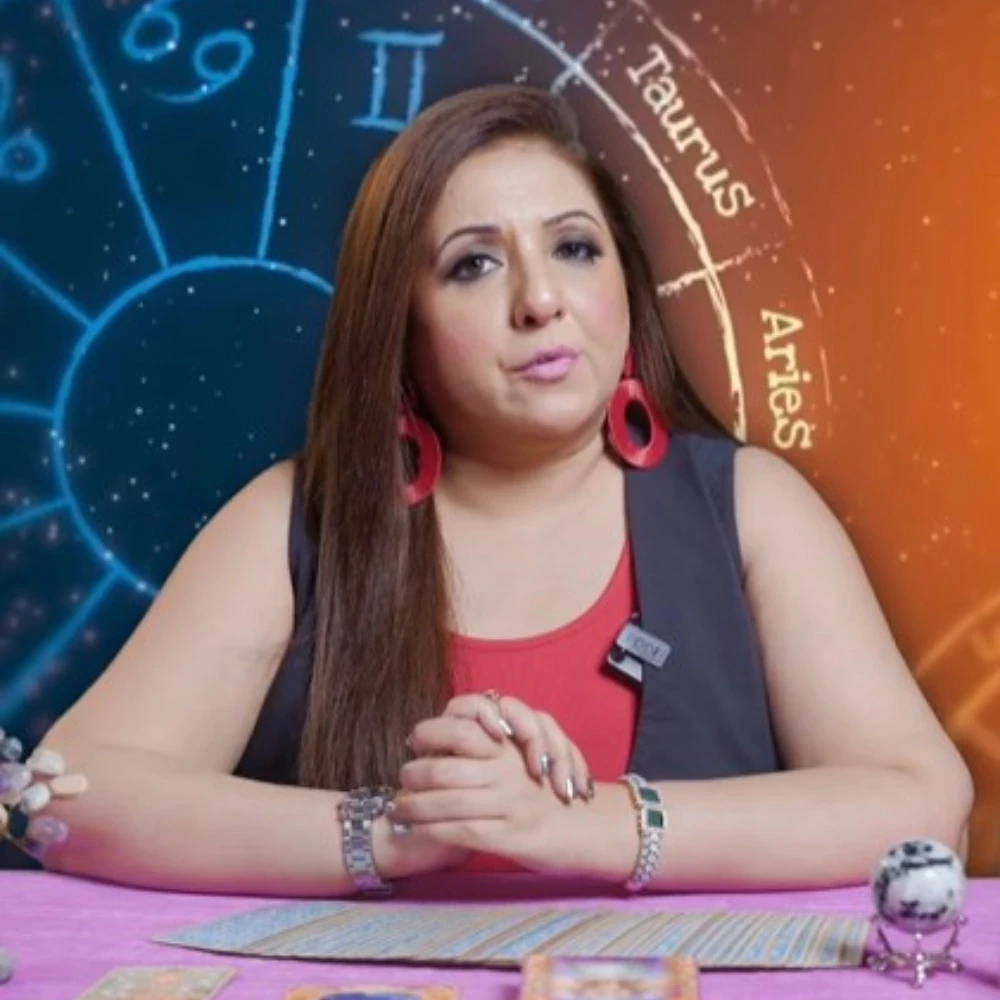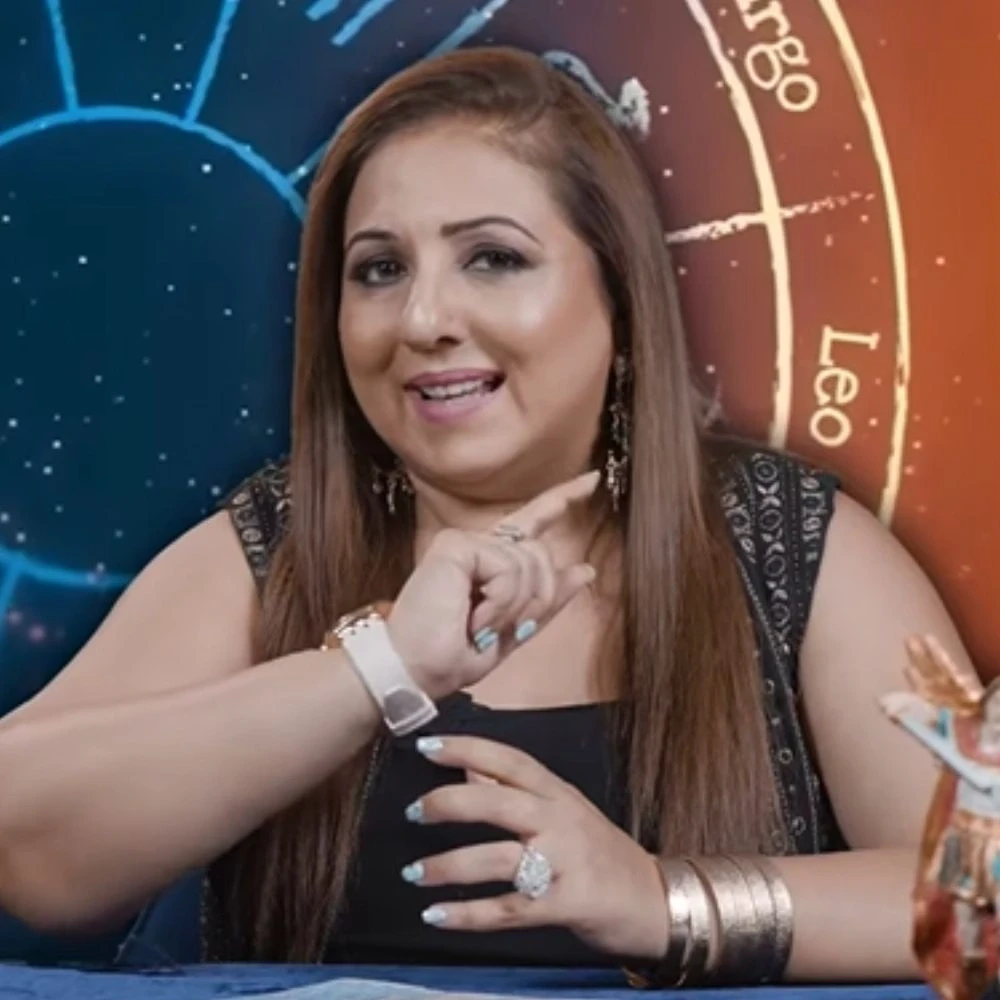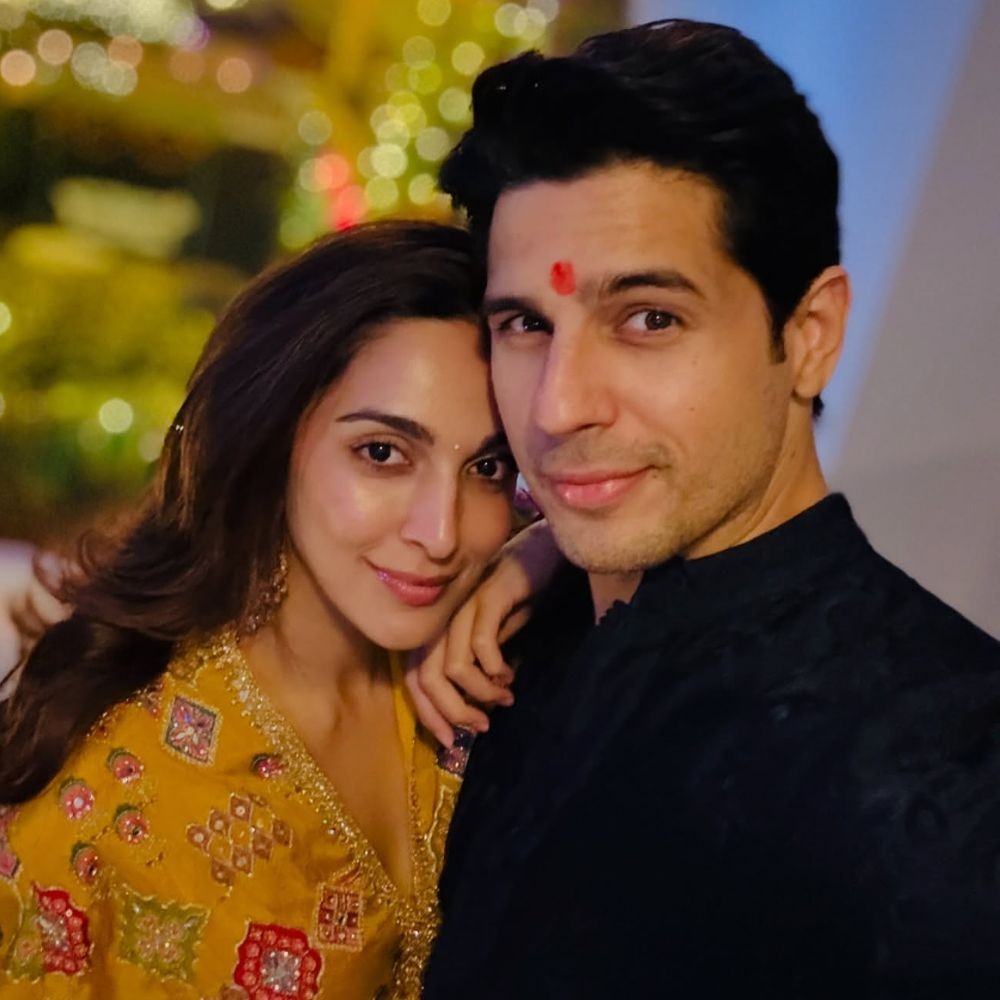Love Vs. Obsession: 21 Notable Differences to Learn About
Love vs. obsession: two sides of a coin that may seem similar but differ in many ways. Discover the fine line between them and learn how to avoid crossing it.

We all yearn for someone who can love us unconditionally, support us in times of need, and stick with us through thick and thin. But little do we realize that the thin line between love vs obsession can easily be blurred. Love empowers you and encourages you to grow, whereas obsession feeds on insecurity and possessiveness. According to research, obsessive love is a mental health concern that warrants prompt diagnosis and intervention. A relationship becomes toxic and suffocating when the affection you receive turns into overbearing control. In this article, we explore the 21 key differences between love and obsession, empowering you to make informed choices about your relationships. Read on to learn more.
If you suspect that your partner's feelings for you have crossed the line from love to obsession, it’s critical to pay attention to the warning signs and ascertain the truth of your partner's emotions. While love is a beautiful and selfless emotion, obsession is intense, overpowering, and potentially destructive. Here are some warning signs that will let you know if it's love or obsession that your partner feels towards you.
Love Vs. Obsession: Signs to Look out for
1. They Are Extremely Possessive of You

At first, you may find it charming to witness your significant other turn a shade of green when they see you talking to someone else. After all, a tinge of possessiveness is a natural facet of love. However, when your partner crosses the line by constantly monitoring you, prying into your phone, and reacting negatively when you engage with others, their possessiveness morphs into an unhealthy obsession. Their fear of losing you makes them see everyone else as a potential threat. This behavior is a key difference between love and obsession.
2. They Constantly Pamper You with Surprises And Gifts
In a loving relationship, it's perfectly normal for your partner to indulge you with occasional treats and make you feel cherished. However, when that love evolves into an all-consuming obsession, it can be a trap. Your partner may shower you with gifts and surprises non-stop, not to make you feel happy, but rather to ensure that you don't leave them. While it could appear to be a sincere expression of love, in truth, it might be seen as a sly ploy to maintain your investment in the relationship at all costs.
3. They Take It Too Fast in the Relationship
Those who truly fall in love understand that it takes time for a relationship to grow and flourish. They enjoy the journey of getting to know someone and watch as the bond between them deepens. On the other hand, an obsessive love is built on fear and insecurity. These individuals are driven by the fear of losing the person they are with and feel a desperate need to possess them. They want to label the relationship as quickly as possible to solidify their claim and avoid the possibility of someone else coming in to take their place.
4. They Constantly Seek Your Validation
It's completely natural for a partner to desire insight into how you feel about them. However, if your significant other repeatedly questions you about their worth and requires constant validation, it may indicate obsessive tendencies in their approach to love. It's possible that past heartbreak has left them fearful of losing you, viewing you as a coveted possession to be safeguarded at all costs. The regular need for confirmation is likely their way of securing their place in your heart.
5. They Want You to Be in Touch All the Time

At the start of a relationship, having your significant other stay by your side is simply adorable. However, if your partner persists in engaging in endless chats and messaging even after months of being together, things can get complicated. This continuous need to stay in contact is not a sign of love, but rather an obsession, implying that they think about you obsessively throughout the day.
6. They May Not Be Truly Happy for You
For instance, you've been selected to travel to a different city for a significant occasion where you'll deliver a speech and receive an award. A supportive and adoring partner would undoubtedly feel elated for you and push you to perform at your peak. But, an overprotective and obsessive partner could appear to be less interested in your speech and instead become fixated on the possibility that you may find love during your trip. They could even push for the chance to accompany you on official travels.
7. They Stalk You Everywhere
Surprise visits from your partner at your workplace are often welcomed with a smile, an embrace, or even a kiss. It shows how much they value you and love making you feel special. But be mindful when their visits turn into an unhealthy habit of keeping a constant watch on your whereabouts and activities. It's possible they have become obsessed with you, perhaps even to the point of stalking you online and taking offense at harmless interactions with others.
8. They Want to Be Informed of Your Whereabouts
It's common to use terms like "love and care" to describe a partner's concern when you're working late and they call to check on you. However, if they persistently call and inquire about your whereabouts, regardless of being aware that you are spending time with friends, it could be an indication of obsession. It's less about care and more about addiction, with their need to constantly check up on you taking priority over any actual concern for your wellbeing.
9. They Make Decisions for You
While it's healthy for couples to seek each other's advice and opinions, having a partner who makes all the decisions for you could be a red flag for obsessive behavior. It's crucial to recognize the difference between love vs obsession and that true love is about respecting each other's independence, not controlling each other's lives.
10. They Think About You All the Time
It's a common gesture for your significant other to inquire about your day and let you know they've been thinking about you. However, if they are so preoccupied with thinking about you and your activities that it fills their thoughts all day, it may indicate that they are obsessed with you.
Read More: 15 Significant Signs a Man Is Falling in Love With You
11. They Make You Feel Trapped in the Relationship

In any romantic partnership, mutual respect is essential for longevity and happiness. However, if one partner becomes overly obsessed with the other, this respect can quickly disintegrate and be replaced by negative emotions like anger and fear. This is especially true if abuse is present in the relationship. As the obsession intensifies, the victim may begin to feel suffocated and desperate for escape. It's crucial to recognize these warning signs of love vs. obsession and take action to safeguard your own well-being.
12. They Only Care About Their Own Needs
Love is like a two-way street. In any healthy relationship, your partner and you make sure that your needs are taken care of and that happiness is something you both share. Unfortunately, when you have an obsessive partner, their only concern is getting what they want, frequently at the expense of your own well-being. The relationship becomes a one-way road, and their only goal is to control you, bending your will to fit their own. It's not true love if it makes you sick.
13. They Put Restrictions on You
Love sets you free. A loving partner will never restrain you from chasing your aspirations and pursuing your passions. In contrast, an obsessive partner will tie you down with several rules and conditions. They will take away your agency and confine you to their limited worldview, imposing limits on your time, location, and more.
14. They Are Physically And Verbally Abusive

In a healthy, genuine relationship, physical and verbal abuse have no foothold. Disagreements arise from time to time, but neither partner resorts to coercion or violence to bend the other's will. However, when it comes to obsessive love, objections are unbearable. The obsessive lover demands obedience and employs force to get it. In defense of their actions, they may argue that they had no alternative or did what was best for their significant other.
15. They Show a Lack of Trust in You
This is another crucial difference that’ll help you understand all about love vs. obsession. True love is characterized by the unwavering trust between two partners. There is a deep understanding that both will always return to the other's side, regardless of the amount of time they are apart. On the other hand, an obsessive relationship lacks trust entirely. Despite constant reassurance through both words and actions, your partner will demand minute details of your movements and may even demand tangible evidence of your loyalty.
Read More: 9 Signs He Is Fighting His Feelings for You: Unlock Hidden Emotions
16. They Ignore Their Friends And Family for You
Getting into a romantic relationship typically results in us immersing ourselves entirely in it, even if it briefly causes us to overlook the significant others in our lives. However, this is a common phase that typically passes with time. Unfortunately, when dealing with an obsessive relationship, this is not the case. Rather, they will solely focus on their significant other, eventually leading to the erosion of their relationships with close friends and even family. To lose oneself for the sake of a relationship is an indication of an unhealthy obsession, not love.
17. They Make Promises to Change Their Behavior

When you express your exhaustion with their obsessive behavior, they'll promise to transform themselves. They might vow to end their fixation on you and adhere to their promise for a while, fearing that you'll leave. They'll probably eventually revert to their old habits, though.
18. They Don’t Let You Spend Time with Your Loved Ones
A partner who truly cherishes you will never stop you from seeing your loved ones. They won't feel insecure if you prefer spending quality time with your family and friends. However, the difference between love vs obsession becomes evident when an obsessive partner is constantly suspicious and craves your company. They may forbid you from interacting with your loved ones and impose their presence on you.
19. They Keep Guilt-tripping You for Their Personal Gain

When two people realize they are not a good match for one another, they usually decide to part ways. Nonetheless, when it comes to an obsessive partner, handling rejection becomes an arduous task. Whether you mention taking a hiatus from them or request to call it quits, brace yourself for their violent outbursts. The moment you even hint at walking out of their lives, they start hurling warnings about self-harm if you dare abandon them. Trying to break free from their clingy “affection” isn't a cakewalk.
20. They Are Not Honest
Partners who are truly in love are not scared to express their opinions and feelings. However, if a partner is obsessively infatuated with you, they will only share words that cater to your desires, and they may even coat their opinions in sugary lies to please you. In any relationship, honesty is a cornerstone; if it's lacking, then your connection could be far from perfect.
21. They Don’t Make an Effort to Form a Deep Connection
Individuals who are only obsessed with their significant other but not genuinely in love will often neglect to acquaint themselves with their partner on a profound level. Their infatuation may solely revolve around the concept of having a partner, causing them to neglect forging a deeper bond. Subsequently, their communication remains superficial, and they may lack knowledge of each other's intricacies.
Love, the inexplicable force that ignites a spark within, can often be misinterpreted as an obsession. But it's crucial to understand that they are not the same thing. When obsession takes hold, it can be suffocating and lead to a toxic relationship. That's why knowing about love vs obsession and the key differences is crucial in determining whether you're in a healthy relationship or not. Keep an eye out for the above-mentioned telltale signs of obsession. Sit down with your partner and have an open discussion if any of these describe them. Also, don't be hesitant to ask a professional for assistance if you need it.
ALSO READ: Relationship Advice: 7 Tips to deal with a jealous and possessive partner
20 Signs to Know That You Are In An Emotionally Abusive Relationship (And Tips To Cope)





 JOIN OUR WHATSAPP CHANNEL
JOIN OUR WHATSAPP CHANNEL















































































